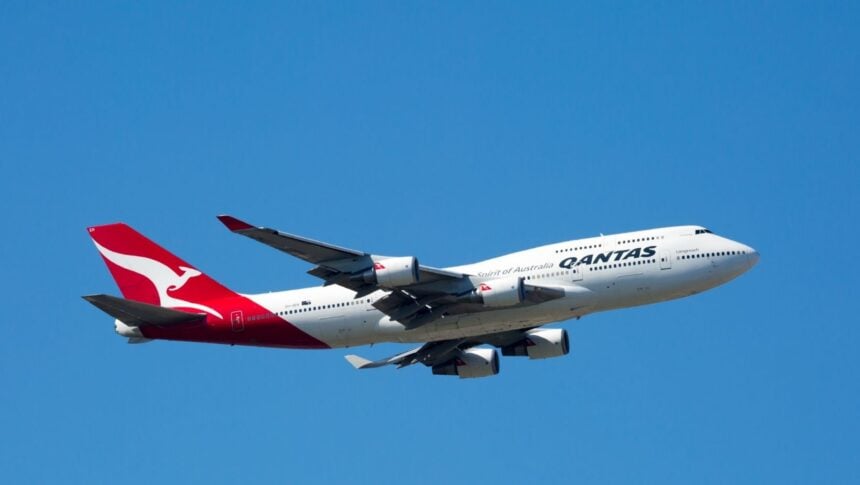Santos is the newest entry on Australia’s honor roll of broken megadeals. An Abu Dhabi National Oil Company-led consortium walked away this week after months of talks, scuttling what would have been one of the country’s largest all-cash takeovers.
The bidders cited unresolved commercial terms and risk sharing, and Santos shares slumped on the news.
Shareholder thresholds, competition rulings and national interest tests have repeatedly tripped up ambitious bidders, even when boards have been willing.
Energy, infrastructure and agriculture have supplied many of the most dramatic plotlines.
Origin Energy offered a masterclass in shareholder power.
In December 2023, only 68.92 percent of votes cast backed a Brookfield- and EIG-led proposal, short of the 75 percent needed under a scheme of arrangement, sending the A$20 billion plan to the scrap heap.
The company disclosed the tally in an ASX filing after adjourning an earlier meeting as proxy votes hardened against the deal.
A year earlier, AGL Energy’s board swatted away a high-profile, unsolicited approach from Brookfield and Grok Ventures, saying the indicative offer materially undervalued the utility and carried heavy conditions.
That rebuff set the tone for a turbulent year in Australian power as investors wrestled with decarbonization costs and returns.
Regulators have been decisive referees; in 2018, the federal treasurer formally prohibited CK Infrastructure’s A$13 billion bid for APA Group on national interest grounds, ending a signed scheme implementation deed and highlighting official concern over the concentration of critical gas pipelines under a single foreign owner.
Politics also loomed large in the farm belt, as an order from the treasurer blocked Archer Daniels Midland’s push to buy GrainCorp in 2013 after a lengthy review, a rare instance of a foreign food deal being rejected at the finish line.
Some failures turned on timing and mechanics rather than policy.
Airline Partners Australia’s 2007 attempt to take Qantas private unraveled when acceptances fell short of the threshold needed to extend the offer window.
A late acceptance that would have nudged the count higher was ruled out, and the Takeovers Panel confirmed the collapse days later. Commodities turbulence has felled giants.
In November 2008, amid the global financial crisis, BHP Billiton let its mammoth offer for Rio Tinto lapse, ending one of the most closely watched hostile pursuits in mining history as debt and market stress overtook the deal logic.
Lithium provided a modern twist, Albemarle terminated its A$3 per share indicative proposal for Liontown Resources in October 2023, citing growing complexities just as a blocking stake amassed on the register made victory improbable.
Liontown noted the withdrawal in an ASX notice.
Energy’s consolidation drumbeat kept missing a beat. Woodside Energy and Santos ended talks in February 2024 about a potential merger that would have created a regional champion, saying they could not agree on value.
The decision came via a market announcement carrying inside information, underlining how sensitive the discussions had become.
Valuation gaps rarely close late, Australia’s scheme-of-arrangement rules give motivated minorities real leverage.
National interest filters can and do trump commercial momentum, especially for assets tied to energy security or food supply.
The lesson from Qantas, GrainCorp, APA, Origin and now Santos is simple: in this market, a headline price is only the opening bid for permission.




















